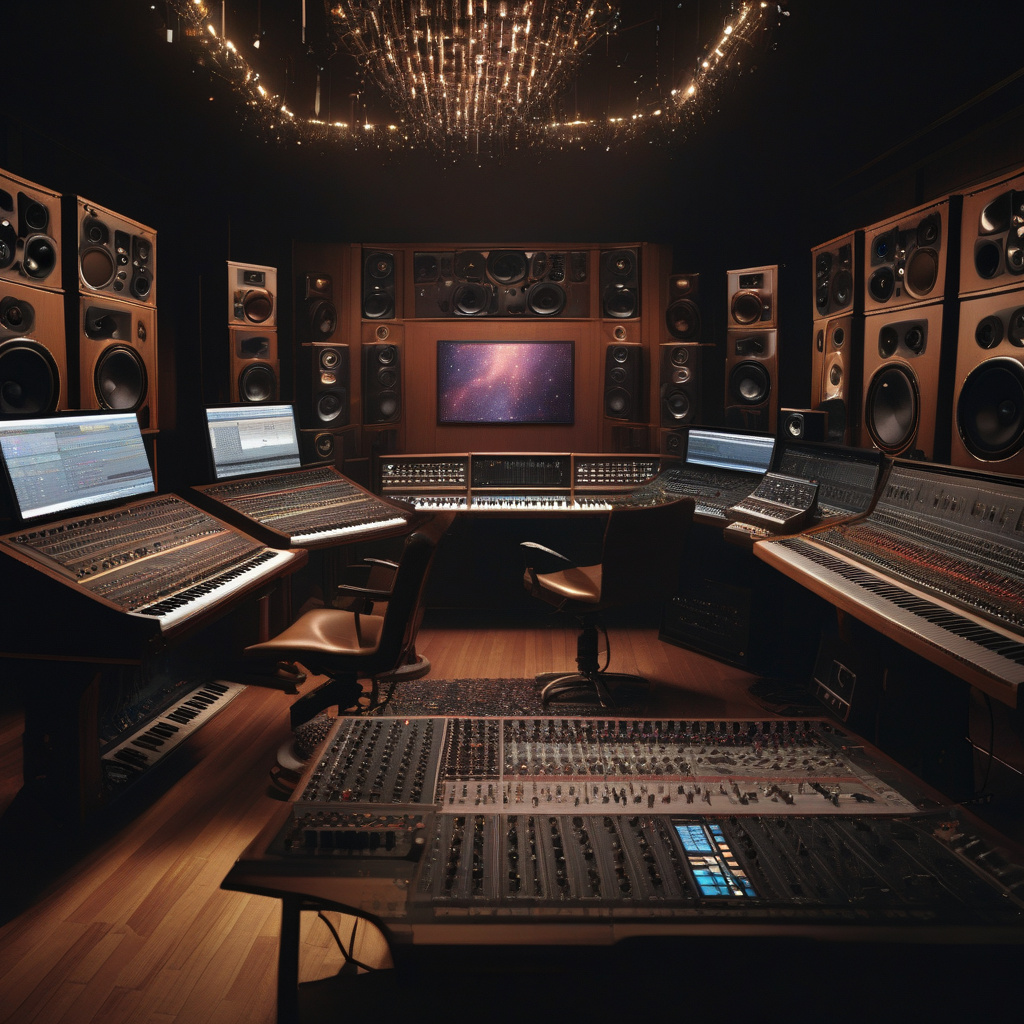Can AI-Made Music Match Emotional Depth?
Artificial Intelligence (AI) has made significant advancements in various fields, including music composition. With AI algorithms now capable of generating melodies, harmonies, and even entire songs, the debate around whether AI-made music can match the emotional depth of human-created music has gained traction among critics and music enthusiasts alike.
Proponents of AI-generated music argue that algorithms can analyze vast amounts of musical data, identify patterns, and create compositions that resonate with audiences. They highlight the efficiency and innovation that AI brings to the creative process, enabling composers to explore new musical territories and experiment with unconventional sounds.
However, critics raise concerns about the emotional authenticity of AI-made music. They argue that while algorithms can replicate musical styles and structures, they may struggle to capture the nuances and complexities of human emotions. Music is deeply rooted in human experiences, thoughts, and feelings, making it a unique form of expression that reflects the artist’s inner world.
One of the key points of contention is whether AI can evoke genuine emotions in listeners. While AI-generated music may sound pleasant and technically proficient, critics question its ability to convey the rawness, vulnerability, and authenticity that define human-created music. Emotions such as love, sorrow, joy, and longing are deeply personal and subjective, raising doubts about AI’s capacity to evoke such profound feelings.
Another aspect of the debate revolves around the role of creativity in music composition. Critics argue that true creativity stems from human consciousness, imagination, and intuition – elements that are difficult to replicate in AI systems. While algorithms can analyze existing music and generate new compositions based on predefined rules, they may lack the spontaneity, improvisation, and emotional depth that characterize human creativity.
Despite these concerns, proponents of AI-generated music continue to push the boundaries of technology and creativity. They view AI as a tool that complements human creativity, offering new possibilities for musical expression and innovation. By collaborating with AI systems, composers can explore novel musical ideas, expand their creative horizons, and reach new audiences with cutting-edge compositions.
In conclusion, the debate surrounding AI-made music and its emotional authenticity is multifaceted and ongoing. While AI algorithms have shown remarkable capabilities in music composition, questions remain about their ability to convey genuine emotions and replicate the depth of human-created music. As technology continues to advance, the future of AI in music remains uncertain, leaving room for further exploration, experimentation, and discussion on the intersection of technology and creativity in the arts.
AI, music, emotional depth, authenticity debate, creativity.
